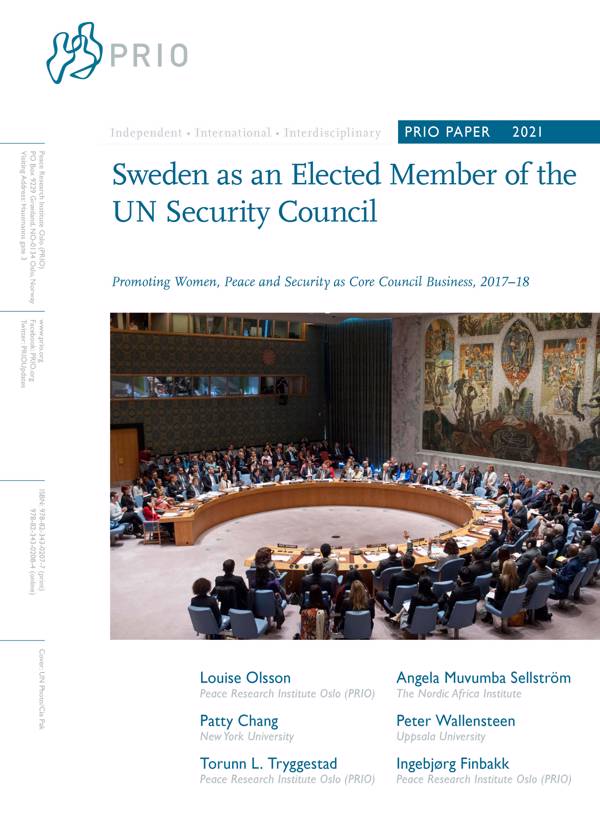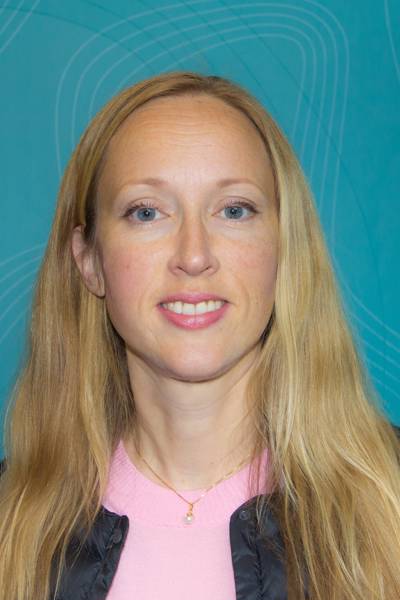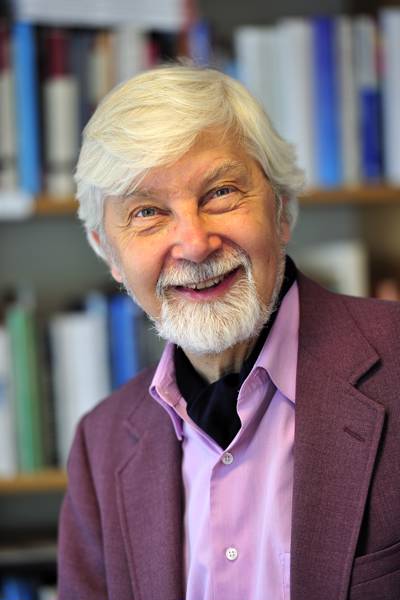This report seeks to contribute to a growing research agenda on internal United Nations Security Council (UNSC) dynamics and the role of elected states (E10s). To study the role of elected states is important as research indicates that there has been increased interest among states to hold one of the elected Council seats, yet our understanding of E10 strategies and effects remains more limited. Research also indicates that the possibilities for elected states to have an impact on UNSC outcomes can differ between policy areas. For its 2017–18 Council term, Sweden decided that it should promote the integration of Women, Peace and Security (WPS) into the mainstream of the UNSC’s processes and decisions, to contribute to making WPS "core Council business”. In fact, even though WPS is a policy area of growing importance for a number of elected states, there exists limited knowledge on the role of E10s in driving progress in the Council.
Addressing gaps in our understanding of E10 roles, strategies, and effects, this report makes two contributions: First, we provide insights into preparations for, and the situation in, the UNSC for elected members. We begin by discussing the assessments and decisions involved in forming the elected state’s aims and strategy, and then outline four clusters of conditions that an elected state has to tactically maneuver during their term. Second, we structure and advance our knowledge of the potential effects a state can seek to achieve in order to better understand and study such efforts. We then go more in depth into one of the effects that Sweden sought to achieve: that is, the improved integration of WPS language in UNSC resolutions, in particular peace operation and political mission mandates, in order to positively affect the lives of women and girls in conflict and post-conflict areas. We here outline a method for assessing progress on the integration of implementable language. To fulfill this objective, the report builds on a focused analysis of the experiences of Sweden and data on language developments in UNSC resolutions in the 2016–19 period. Importantly, this report does not constitute an authorized or official account of Sweden’s term, and is not intended to be a comprehensive assessment of all of Sweden’s work during its two years on the UNSC. Rather, the interviews, written material, and data collected have been used to explore and expand our understanding of elected members and internal UNSC dynamics and to contribute to a growing research agenda on the role of states for WPS progress and setbacks.
The report is the first publication in a cooperation between the Peace Research Institute Oslo (PRIO), Uppsala University, and the Nordic Africa Institute (NAI) on the role of elected members in the Security Council and is a product of projects funded by the Norwegian Ministry of Foreign Affairs, the Folke Bernadotte Academy, and the Shattering Glass project funded by the Swedish Research Council (ID: 2020-05104_3)










